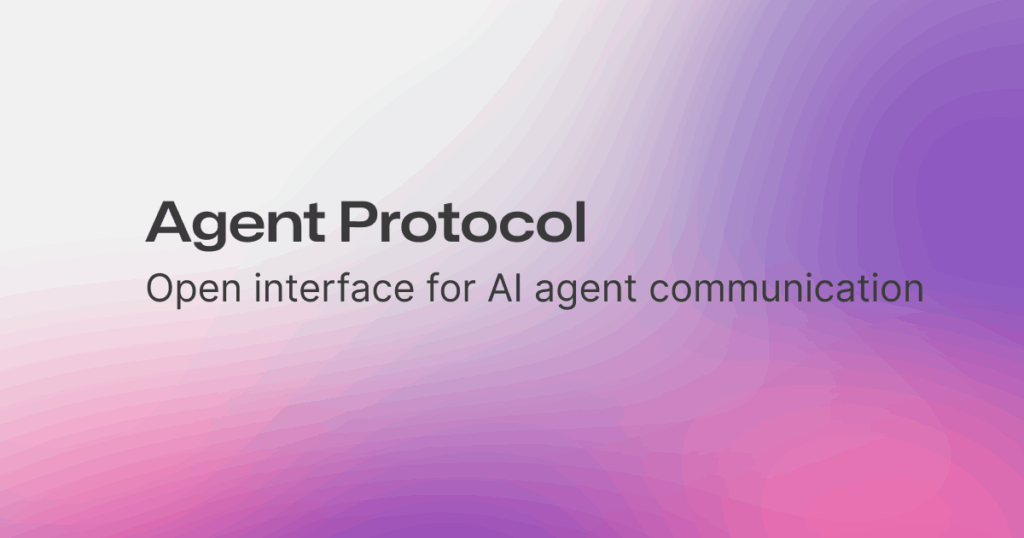agent protocol
Basic Information
Agent Protocol is an open API specification and reference implementation intended to create a single, common interface for communicating with AI agents. It defines a minimal, tech-agnostic REST API surface so any agent implementation can expose consistent endpoints and response models, making agents interoperable. The repository contains the protocol schema in OpenAPI form, an SDK to simplify implementing the protocol, and a client library for users to interact with deployed agents. The protocol focuses on simple developer experience, enabling easy benchmarking, comparison and tooling across agents. It specifies core routes for creating tasks and executing task steps, plus auxiliary routes for listing tasks and steps and handling artifacts. The project also includes contribution guidance such as an RFC template and a public roadmap with future items like agent-to-agent communication and extensions.








